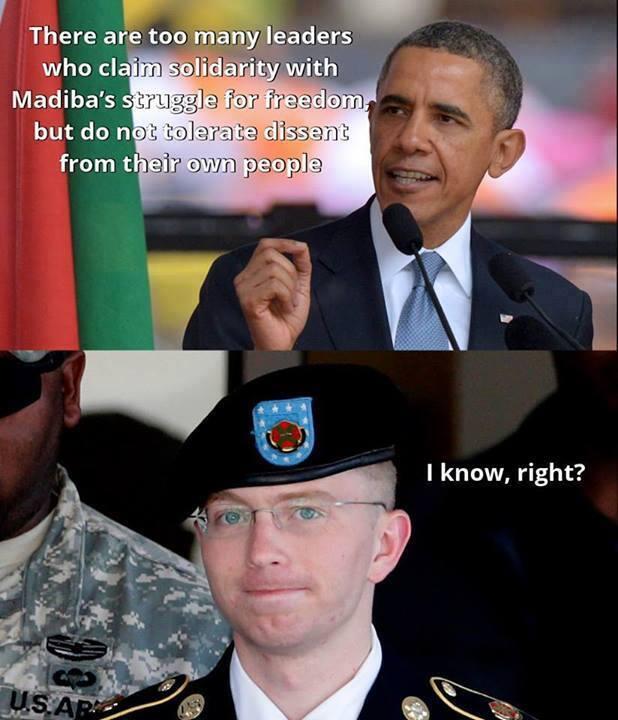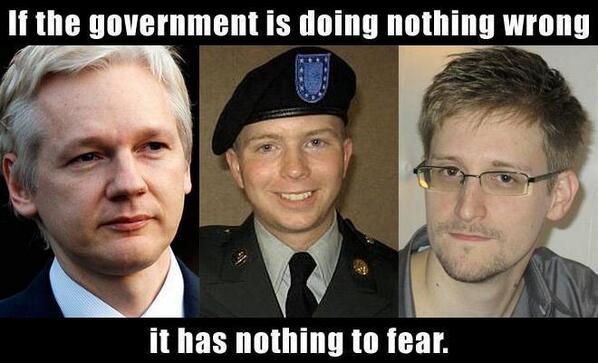Blog
Many Books bQ, part VIII
Progressing with my Recommended Reading list, part VIII already. Index Librorum …
In random order (!); semantically and qua Importance. Seek order and you’ll be disappointed – that would be a result. Or give it a shot; look long and hard enough and you may find a connection, or theme. A spurious one. (?)

|

|

|
 |

|

|

|

|

|
 |
Column on Open Source code Bystanders
Well, the column is out there now… Will be published in the July 2014 ISSA Journal but here’s a preview, in Dutch
And, of course:

[S’bourg, or Brussels – always mix them up and end up in the wrong place for a meeting]
A short, ephemeral message on naïvité
New ton’s theories
OK. Now which parts of his work would you consider unscientific; both by the standards of his time and by your today’s standards…
Because maybe he studied all terrains with comparable rigour, and maybe he found stuff of comparable importance. Who knows…
And, as expected:

[Viewed this way, less often. Cala at Vale, indeed]
Boring bingo
a.k.a. the accountants’ version, Dutch style:

Yup, if you understand what it says here, it would be something like:
“If you recognize the modernity and innovation and state-of-the-artness of all this, you understand how terribly boring all the news surrounding accountancy in NL is; if you can’t even fill out this card on a single day of news you take in, you’re lagging even these developments, you ultra-laggerd!”
Any words you miss ..?
Neural data analysis; where is it?
As [Big | Smart | Process | Socmed] Data Analysis spreads, like this:
 I wondered where the neural network angle was, or is.
I wondered where the neural network angle was, or is.
Remember, two decades back, at universities there was so much clamour about Neural Networks and their potential, and how credit card companies were the flagship applications with their pattern recognition work ..?
All that had never grown to full fruition, to full potential – as proven by the lack of ubiquitous visibility in our daily lives; if neural networks had been so successful, we’d had seen it on and in just about any IoT device already today.
But we don’t.
Hence, neural networks as a community has missed the boat, somewhere. Would anyone have a good pointer to the algorithms behind the said [Big | Smart | Process | Socmed] Data Analysis, and/or which actual algorithms are behind it ..? Either statistical non-linear regressions of sorts (including outlier detection and semi-smart pattern recognition), or neural networks, or …? Still some non- or true visual Kohonen networks out there ..?
I really would want to hear from you.
Oh and while you’re at it, would you also have good pointers to freeware tools to tinker with the algorithms ..?
Many Books bQ, part VI
Progressing with my Recommended Reading list, part VI already. Index Librorum …
In random order (!); semantically and qua Importance. Seek order and you’ll be disappointed – that would be a result. Seek out connections, and … yes there are some; some, clearly, some, non-linearly but still, some, in contrasts.

|

|
 |

|
 |

|

|

|

|

|
Donuts for capital requirements
![20130211_144900[1]](https://maverisk.nl/wp-content/uploads/20130211_1449001.jpg)
[Slippery world, trying to balance on stelts, as long as that goes]
… Suddenly, I realized that the approach towards balanced capital requirements calculations through the combination of four quadrants of external vs. internal, data-driven versus ‘fuzzy’ scenario analysis, is flawed when depicted as a blot around the centre of the said four quadrants or axes.
What is needed, is in fact a donut. As in:

Where the ideal is a combination indeed of all sides of the picture, to a quality and coverage as far out as possibly one can get, but one wouldn’t want to lose all that is gained by getting away from the centre when reverting to it to combine the conclusions. One will want to have a donut, capturing all the peculiarities and ground covered. Into one multi-multi-faceted capital requirements calculation.
If that leads to an overall picture so fuzzy and risky that no-one would be able to conclude anything from it … then you’ll have succeeded.
In capturing the future, to a level of reliability that’s still very close to, but off from zero.
The fuzzier it gets, the more demonstration you get it, in commensurate degree.
That would be an achievement!
Hence as a token of appreciation, get yourself a donut!
Mgt > control
Is this management, or control?

[Hospital St. Pau, Barça]
Just a note, on errors (not minor omissions) that I see over and over again:
‘Management’ ≠ ‘Control’
Rather, Management >> Control. Control is not allowing exceptions or deviations of predetermined values beyond a predetermined bandwidth. Management is dealing with whatever value comes out of your measuring system, whether one can steer the inputs to and operations of the production system so the outcomes come back into the fold or not.
Control, one does out of fear. The fear of not being in control (sic) over one’s own destiny, as if that is completely tied up with the workings of the ‘managed’ system, as if systems Compliance were the ultimate you can achieve in life. If so, one should discuss suicide; that shows utter control as well as categorical prevention of any future mishap to one’s plans. Control is about the fear of not being able to deal with deviations for which there is no rule, i.e., for which one as a drone following set detailed orders only (less than a robot, like an inhumane not really thinking let alone ethically operating machine); showing one’s incapacity for dealing with the real world. Admitting one would be happier as the subject in the Truman Show. Not wanting to escape.
Management, as above, is about being capable of understanding the system(s), and being able to see the innate instable nature of life (as a system, too), and dealing with all that comes at you through insight. Having ‘control’ and the rules for the set pieces, but having that, too, for the petty little uninteresting parts of life. The rest, is an adventure. Bring it on!
So, management is so much more than just mere simple control. If one would look down on those that desperately vie for control over … in their ‘management’ positions, a wry smile will do. Avoid them. Spiritual death by crushing bureaucracy is what they spread.
Which, by the way (?), clarifies also our message, in many a previous post, that ‘risk management’ gets to be more and more what ‘first line’ ‘management’ is about in these times of knowledge workers / professionals. The latter, know very well what to do and how to do it; probably better than you (because you apparently were/are more valuable not doing it yourself…). Hence, they require you to defend them against the outside world, starting with the other departments around them. And, your job as manager is to just grind off the rough edges of what your teammates (sic) do as the knowledge workers are managing their work not controlling it – the uninteresting controllable part they leave to machines (and indistinguishable AI ever more).
Facilitate, grind off the rough edges, and defend against ‘asteroid’ impacts from all around. [Actual decisions, cutting through dilemmas (if none, than it’s mere logic), is Leadership work, not for shop-attending managers.]
The latter, of course, is risk management. NOT to be done in separate ‘second line’ departments; if so, they’ll be useless overhead burdens (and much cost!), only to be facilitated, coordinated there – when not if first-line managers think they can do it better via their own methodology and practices, they are right…
Borne out, after writing this, by Seth’s blog again.
So, since they started, are hospitals about management or control ..? Well, control what they can, i.e., the taking away the negative impacts of outside air as at St. Pau by bringing the hospital under ground (yes in the picture, it’s the roof that appears to be street level ..!) and also enabling fresh air to be enjoyed by those who’d want to wander around on-site, both functions in one place not spread out. But not controlling (here in the picture!!) the health of their patients, managing that. Apart from postponing (sometimes for quite a while) the inevitable, do doctors heal, or do they create the right setting (incl. medicine and surgical changes) for their ’employees’/systems/patients to do their thing, the healing they want to ..?
[Edited to add:]
Oh by the way, yes I do realize there’s more to management of course, in particular middle management, on the side of ‘defending’ one’s department and getting sufficient and right resources, and stuff. Reporting, less so. As if that were the goal… Etc.
Upper management (sometimes dubbed ‘governance’, wrongly, as in this post) has more coordinating tasks, and more leadership to display, and a more mint picture to present to the outside – which includes showing the dirty bits ..! (think that one through)










